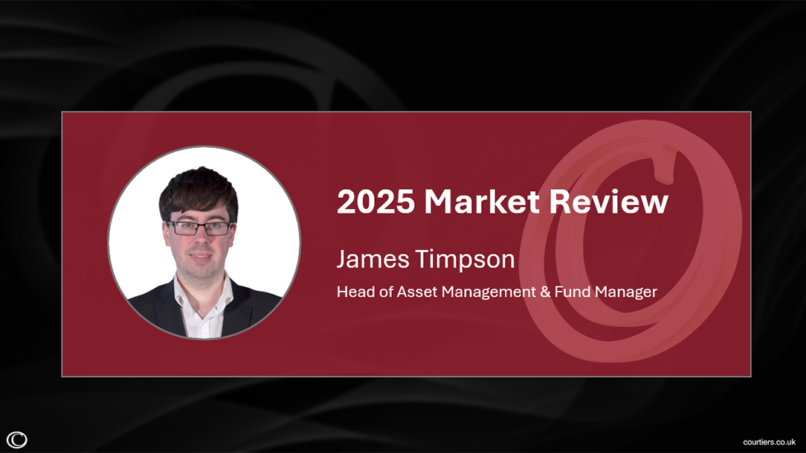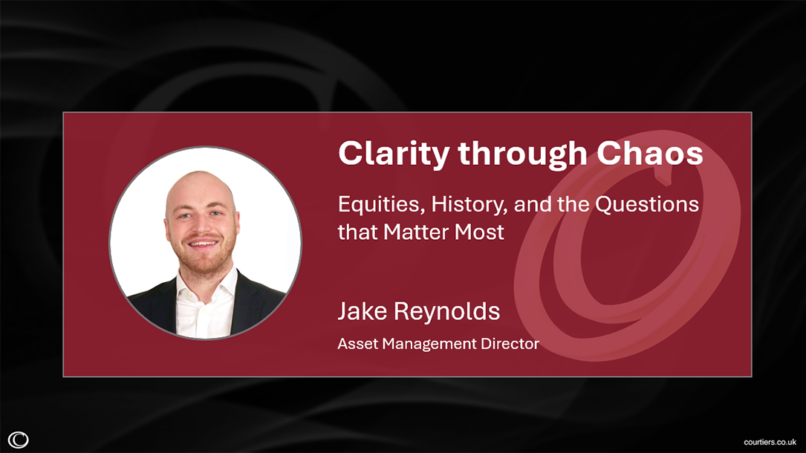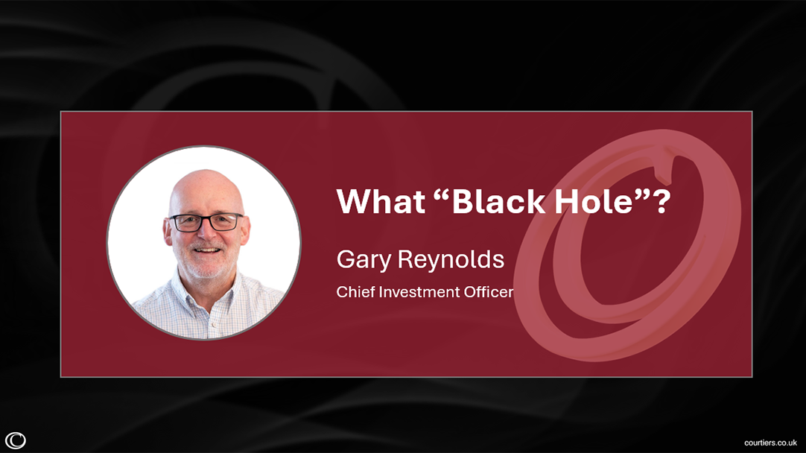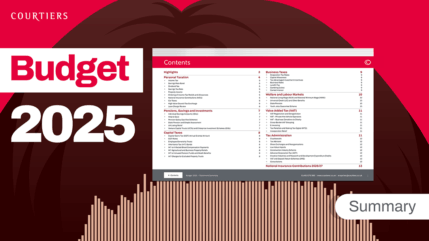Generation Z (Gen Z – those born between mid-1990s and early 2010s), may feel that their approach to money and finances is different to previous generations. While their goals differ, there are some underlying similarities. The biggest difference with this age is how much Gen Zs link their financial situation with their mental health, meaning many focus more on overall wellbeing than just the purse strings.
With a greater connection between wealth and wellbeing, how can Courtiers Financial Advisers guide Gen Zs into more comfortable financial futures?
As the generation whose financial behaviours and attitudes are shaped by the Great Recession, the rise of the gig economy, and the COVID-19 pandemic, it’s no wonder Gen Zs are socially conscious and more pragmatic than previous generations. These digital natives let their tech-savvy nature, their yearning for financial independence and their values shape their attitudes towards money.
The new money mindset
For Gen Z, money isn’t just a tool for purchasing power; it has potential to cause stress and anxiety. As a result, Gen Zs are more likely to see their financial situation with a wider, holistic view:
- Financial anxiety: With money deeply tied to mental health and overall wellbeing, financial success for Gen Z involves maintaining a healthy, balanced lifestyle. Rising living expenses, job uncertainty, and increasing housing costs contribute to widespread financial anxiety among Gen Zs, while their experiences have made them more sceptical of traditional financial systems. Understanding the value of this emotional connection and of minimising any sense of uncertainty is key.
- Financial independence and wellness: Gen Z sees financial independence as a key to achieving mental wellbeing. They prioritise having money to travel and to pursue passion projects (committing to something for the love of it, not just for money). Their peace of mind is tied to avoiding debt, typically found through credit cards and student loans, hence the resurgence of apprenticeships with this generation. Recognising any pinch-points that might be occurring because of accumulated debt, and how to help relieve these, is key to helping Gen Z on a path to prosperity.
- #Searching – and researching: Gen Z seeks financial education through social media platforms such as TikTok, YouTube and other fintech apps to understand investments, taxes and budgeting and get a sense of control over their futures. While the digital space can foster good tips, there’s a lot of unregulated activity in the ‘finfluencer’ space too. It’s important to remain mindful when browsing online and be very careful before making any decisions based on social content. Regulated, qualified financial advice is always a safe bet – especially through a two-way conversation.
- Sustainable investment: Another key difference between Gen Zs and the previous two generations stems from how they wish to use their investment power. With them likely to use their finances in a sustainable way, where their money investment offers them a chance to support the causes and businesses they believe in, this level of ethical spending and sustainability offers them a sense of purpose. Paying more attention to where their products and services are sourced from, Gen Z are likely to support small local businesses with their purchasing power.
- Side hustles and multiple income streams: Economic instability may have led Gen Zs to pursue multiple work commitments, or side hustles, taking on extra jobs in addition to a main job. This adaptability is a defining trait, and it’s understandable that with the economic background they grew up in, and with inflation eroding real wages in recent years, this generation sees side hustles as essential to accumulate wealth, in comparison to previous generations who mainly relied on a single wage to build wealth.
Money dysmorphia and the rise of wanting to be rich
Money dysmorphia describes a distorted view of one’s financial situation. While some Gen Zs fall into obsessive earning and money hoarding, others excessively spend above their income. Gen Z has grown up with social media, which has exacerbated this issue, and fuelled a desire for wealth above the level they can currently achieve:
- The impact of social media: Platforms like Instagram and TikTok have created a culture of comparison, which encourages many to constantly measure themselves against the seemingly-perfect lives of influencers and peers, at the risk of feeling like they are coming up short as a result. It’s important to plan a realistic financial strategy focused specifically on you and what you want – wishing for someone’s else lifestyle can be a distraction from taking the first step.
- Desire for wealth: Studies imply that Gen Zs are increasingly obsessed with the idea of being rich, driven by the fear of missing out (FOMO) and the pressure to keep up with the Joneses.
The basic desire for wealth: FOMO and keeping up with the Joneses, shows that while there is a change in financial attitude, there are still the same anxieties in Gen Z as those of previous generations. This highlights the focus on mental and emotional wellbeing as a key part of wealth management for all generations Working with families across several generations (some for over 30 years), Courtiers knows this very well!
Did you know…
While the phrase “keep up with” was used to mean “proceed at an equal pace with”, it was coined all the way back in 1633. The addition of “with the Joneses” appeared in a comic strip, “Keeping up with the Joneses”, introduced in the New York Globe in 1913. The cartoon’s creator, Arthur “Pop” Momand, acknowledged that the idea came from his family’s experience of living beyond their means and eventually realising that their neighbours were doing the same.
Wealth, wellbeing and guiding Gen Z

Financial Advice is a valuable resource for Gen Zs. With experience helping families across generations, Courtiers Advisers see the unique financial challenges individuals face (independently or as a family), and help generations, including Gen Z, work towards realistic goals through:
- Personalised financial planning: Financial Advisers create tailored financial plans that can align with Gen Z’s goals, whether it’s saving for a home, managing student debt, or building an emergency fund.
- Education and empowerment: By educating Gen Zs around financial literacy, Courtiers Advisers empower them to make informed decisions. This includes understanding investments, budgeting and the importance of credit scores.
- Stress reduction: Financial Advisers can help alleviate financial anxiety by providing clear strategies and laying out realistic, actionable steps. This guidance and support can improve Gen Z’s overall mental health and wellbeing.
- Maximising income streams: Advisers can guide Gen Zs on how to effectively manage multiple income streams, optimise their earnings and avoid unforeseen tax traps.
- Long-term wealth building: Through investment advice and retirement planning, Courtiers Advisers help Gen Zs build long-term wealth on a path to securing their financial futures.
- Listening, in confidence: Being a Courtiers Adviser takes being a good listener, with the empathy to see it from your view and respect your privacy with the utmost professionalism.
Conclusion
While Gen Z’s approach to money may seem unique, it reflects timeless financial principles. Courtiers Advisers can help guide Gen Zs towards financial stability on a human level in the same way they can any other generation, supporting their wellbeing by understanding the unique challenges they face. With tailored financial advice, Gen Zs can navigate their financial journeys with confidence, clarity and the ear of an experienced and knowledgeable human being, whenever they might need it.













